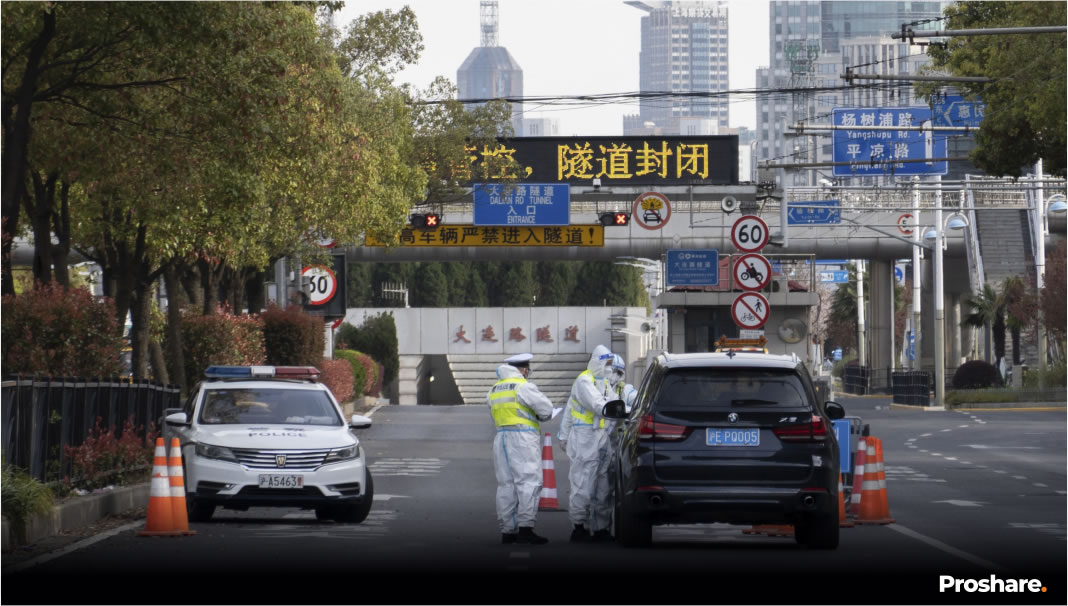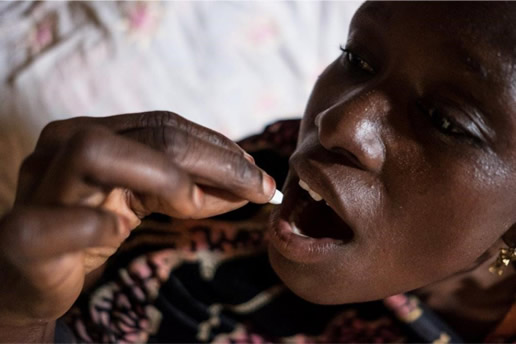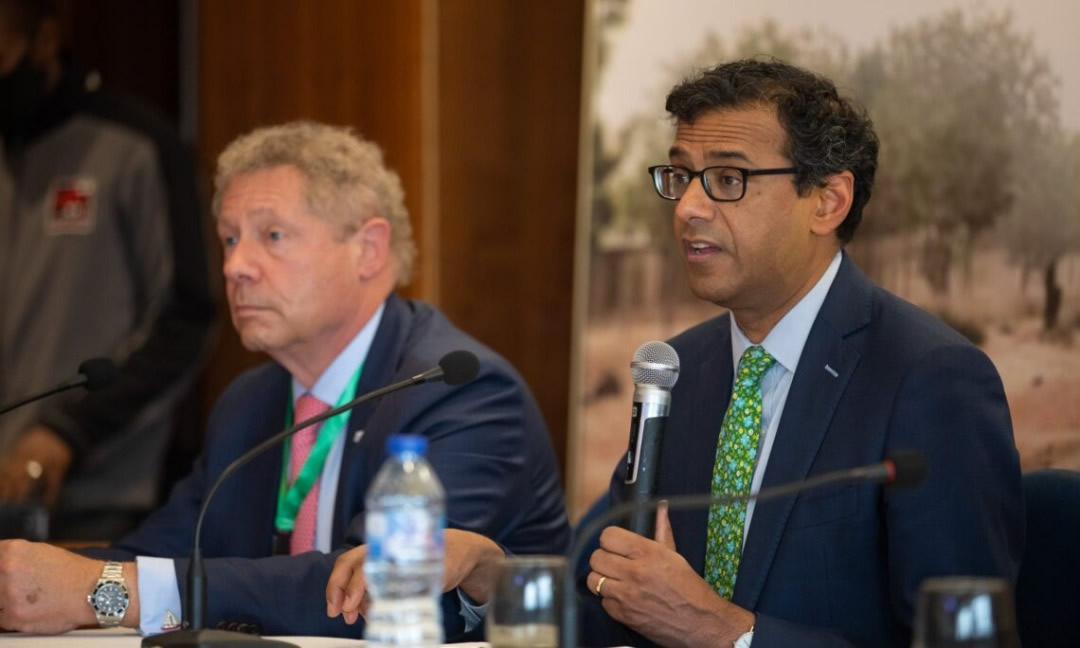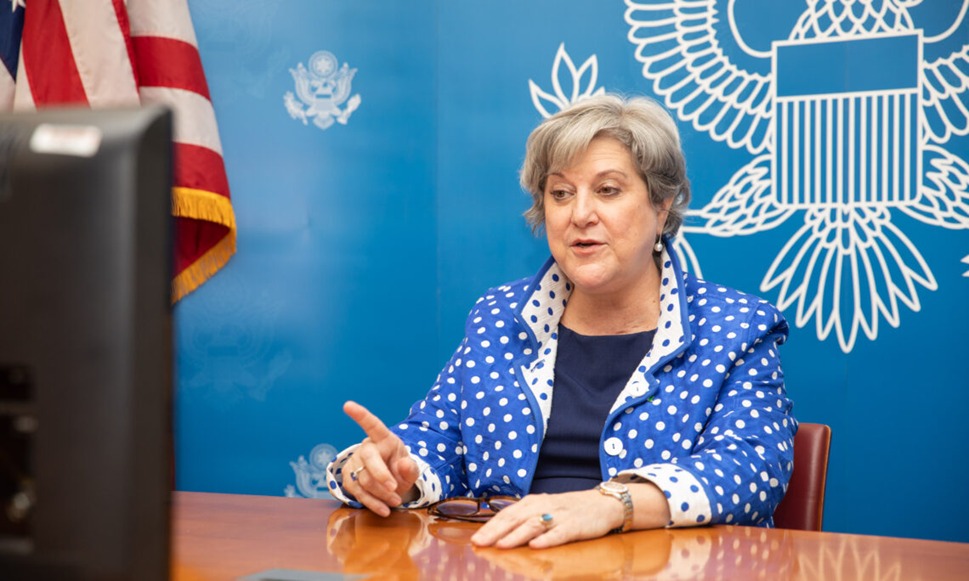According to the Punch newspaper, the Nigerian Civil Aviation Authority, noted that Pre[1]departure and Post-arrival COVID-19 PCR tests are no longer required for all passengers irrespective of vaccination status. PCR tests required for all passengers who have been partial/not fully vaccinated have also been suspended. Furthermore, wearing face masks is no longer mandatory for passengers on board aircraft. This decision was made following the recommendations of the Presidential Steering Committee (PSC). on COVID-19. Secretary to the Government of the Federation and Chairman, Presidential Steering Committee PSC on COVID-19, Mr Boss Mustapha said the decision was based on Clinical and Laboratory evidence of a sustained reduction in COVID-19 infection/transmission across the country.
Recall that Nigeria witnessed its first case of covid-19 in February 2022 and the country has subsequently witnessed three further waves of the infection, with the omicron virus being the last. This restriction was put in place to help mitigate the spread of the virus but has substantially impacted air travel. The effects of these restrictions had a crushing impact on the economic environment of the country. The early part of the COVID-19 crisis ushered in Nigeria’s deep economic crisis, with services and industry hit especially hard. The price of oil which represents more than 80% of Nigeria’s exports and more than 50% of government revenues declined drastically.
The aviation industry was highly impacted by the restrictions imposed. The burden of conducting the COVID-19 test multiple times as a prerequisite to travel created financial implications for travellers. Also, the time and stress involved contributed to the decline in demand of air travel. Nigeria's fledgling tourism industry lost a lot of money, and many jobs were lost as employees were unable to pay wages, raising fears that the industry could collapse. In the first two months of the global lockdown, the Nigerian aviation industry lost more than N180 billion and thousands of jobs. A report from the International Air Transport Association (IATA) notes that African airlines have lost nearly US$5bn in revenue following the spread of coronavirus on the continent. As countries gradually ease their covid restrictions, the aviation industry is gradually recovering.
That said, since the start of the year, airline operators in Nigeria have been hit by pertinent concerns. First, was the scarcity and rising cost of aviation fuel (which accounts for c.40% of their operational costs), with the attendant impact on the cost of operations and conditions of service. Beyond the high cost of aviation fuel, the current acute shortage of FX is also a big problem for airline operators. For domestic airlines, carrying out operational activities such as servicing their aircraft has become almost impossible amidst the acute scarcity of forex. The scarcity of FX is also constraining international carriers from repatriating accumulated funds from tickets sold in naira. Trapping airlines’ funds in an economy with an unstable currency is a major risk for foreign operators.
 Lagos, NG • GMT +1
Lagos, NG • GMT +1











 211 views
211 views














 Sponsored Ad
Sponsored Ad
 Advertise with Us
Advertise with Us









